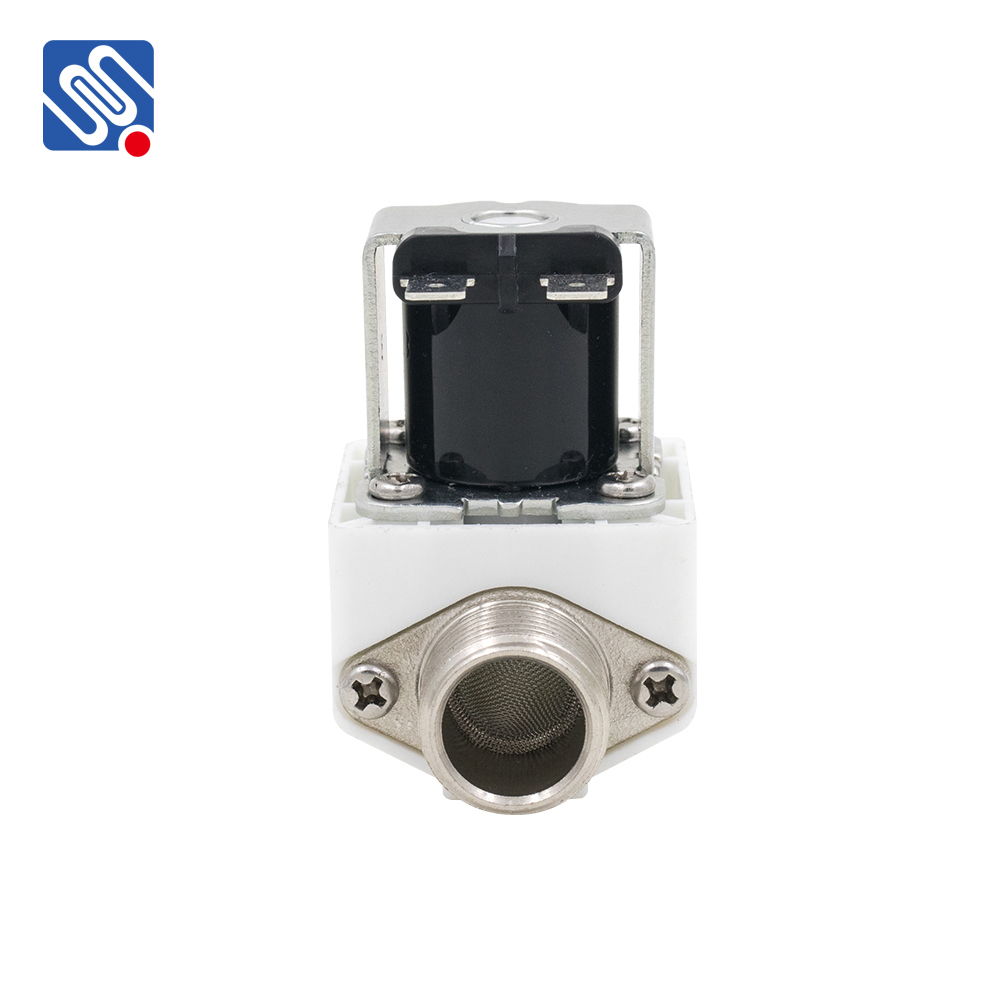In the food and beverage industry, maintaining the highest standards of hygiene and safety is paramount. Every component in the production process, from raw material handling to final packaging, must meet stringent health and safety regulations. One such component that plays a critical role in this process is the food grade solenoid valve. These valves are essential for controlling the flow of liquids and gases in various stages of food production, ensuring that the food remains safe and uncontaminated throughout the process.

What is a Food Grade Solenoid Valve? A food grade solenoid valve is a type of electrically operated valve designed to regulate the flow of fluids or gases, specifically in systems involved with food production. Unlike standard solenoid valves, food grade valves are constructed using materials that comply with food safety regulations. These materials are non-toxic, corrosion-resistant, and easy to clean, ensuring that they do not introduce contaminants into the food products they come into contact with. Typically, food grade solenoid valves are made from stainless steel, which is resistant to corrosion and easy to maintain. They may also include components such as food-grade elastomers (rubber materials) and seals that ensure the valve’s hygiene and functionality even in high-pressure or high-temperature conditions.